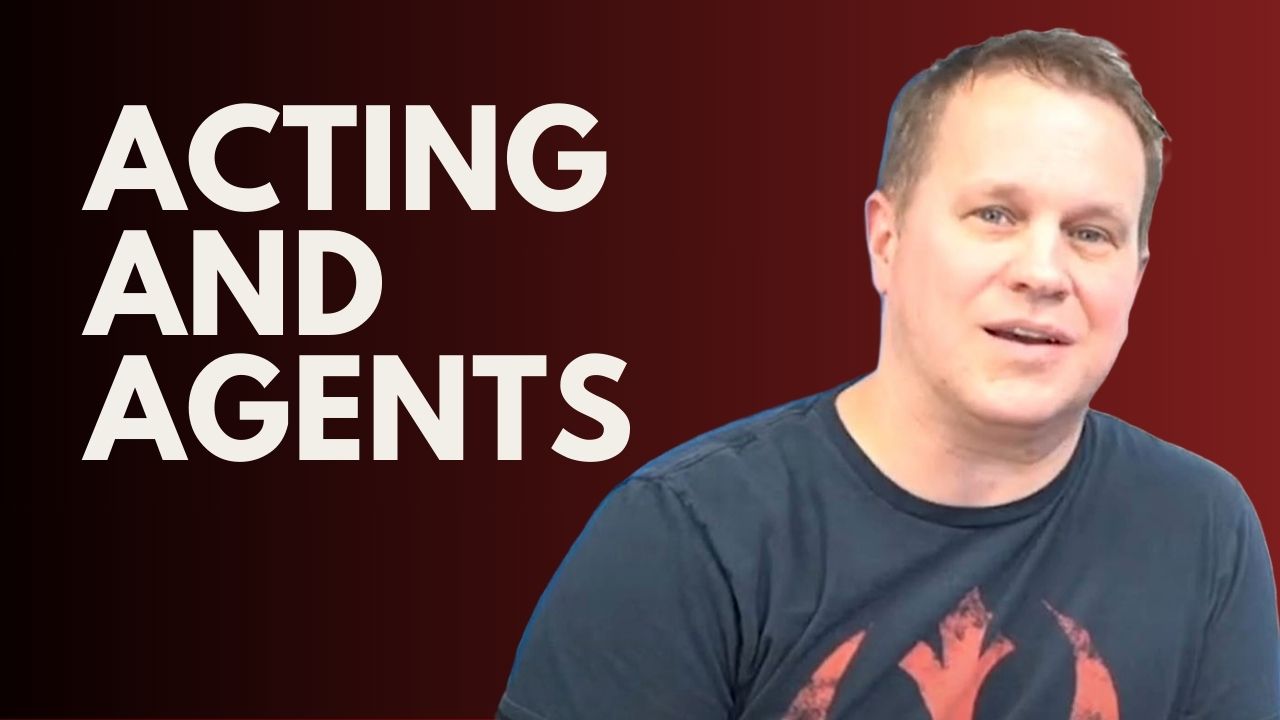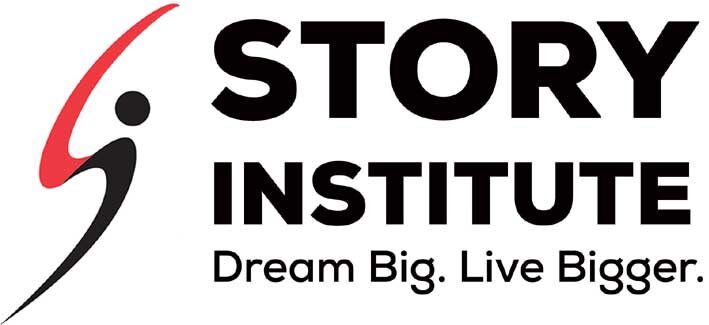
Building a Strong Agent-Actor Relationship: Insights and Tips from Industry Professionals
In the entertainment industry, the relationship between an actor and their agent is one of the most vital connections in building a successful career. It’s not just a transactional partnership—it’s a collaboration, a shared journey towards mutual goals. Below, we explore essential advice on fostering a healthy relationship with your agent, navigating challenges, and understanding the nuances of this professional dynamic.
The Agent-Actor Relationship: A Partnership, Not Just a Service
One of the most important things to understand is that your agent is not simply someone who works for you, nor are you entirely working for them. Instead, it’s a business partnership built on mutual respect and aligned goals. As in any healthy relationship—whether romantic, familial, or professional—it’s crucial to find someone you respect and who respects you in return.
Think of it this way: When your agent calls, do you feel excited? Do you sense that they share your enthusiasm and belief in your career? That mutual energy and trust are at the core of a strong partnership. Similarly, ask yourself if your goals align. Do you and your agent see your career trajectory in the same way? Are you both working towards the same vision?
The relationship also involves significant trust. Your agent represents and reflects you in the industry, and you, in turn, are a reflection of them. A healthy partnership means working collaboratively to build your brand and reputation. Constant communication, authenticity, and integrity are essential. Always ask yourself, “What can I do to strengthen this relationship?”
If the relationship isn’t working, it’s okay to reevaluate. Agents will do the same if they feel the partnership is no longer mutually beneficial. Approach these moments with respect and honesty, focusing on finding the best path forward for both parties.
Why Agents Deserve Our Gratitude
Agents have chosen a career path that requires incredible dedication. As Michael Coleman, an experienced actor and writer, puts it, “An agent is guaranteed no money. They wake up every morning thinking about their roster for 40, 50, 60, even 70 hours a week. Their phone is always on, and they’re guaranteed nothing.”
Despite these challenges, agents pour their time and energy into helping actors succeed. They often spend years nurturing talent without any guarantee of financial return. When an actor books a job, the agent takes only 15% of the earnings while the actor keeps 85% and the credit. It’s a profession that demands passion, resilience, and a deep commitment to the craft.
This selflessness is why it’s important to appreciate and support your agent. A strong agent-actor partnership benefits both parties, ensuring everyone on the team feels valued when success is achieved.
Navigating Self-Booked Work and Agent Fees
A common question actors have is whether they should pay their agent for work they book independently. The answer depends on the circumstances and your relationship with your agent. Traditionally, when you’re represented by an agent, your focus shifts from finding work to improving your craft and creating a reputation that attracts repeat opportunities. Your agent handles auditions, negotiations, and career strategies.
If you book a role on your own, consider the bigger picture. While it’s not always required to share earnings from self-booked work, maintaining goodwill and a sense of teamwork is crucial. If everybody’s on the same Team, then when your Team wins, everyone on the team should feel like they’ve won.
It’s also standard protocol to credit your previous agent for ongoing revenue from bookings they helped secure. Ultimately, open communication and mutual respect are key in deciding how to handle self-booked work.
Knowing When to Move On
Deciding to switch agents can be a difficult choice, but it’s sometimes necessary for career growth. Much like ending a personal relationship, you’ll know it’s time to move on if the partnership no longer serves both parties. Signs include a lack of communication, misaligned goals, or a stagnating career.
When considering a switch, approach the conversation with respect and honesty. Address any concerns directly and explore whether the relationship can be improved. If not, part ways amicably and with gratitude for the journey you’ve shared.
On-Set Protocols for Uncomfortable Situations
The entertainment industry has made strides in creating safer, healthier work environments, but challenges can still arise. If you encounter inappropriate or unsafe behavior on set, there are established protocols to follow:
Notify Production: Inform the production team immediately. Many productions have systems in place to address such concerns.
Contact Your Union: Unions like SAG-AFTRA or ACTRA are there to support you in navigating workplace issues.
Inform Your Agent: Keep your agent in the loop, as they can provide guidance and advocate for you if necessary.
Remember, your safety and well-being come first. Don’t hesitate to speak up if something doesn’t feel right.
Communicating Effectively with Directors
Understanding how to communicate with directors is a crucial skill for actors. Directors often come from diverse backgrounds—some with technical expertise, others with acting experience. This means their approaches to storytelling can vary widely.
Coleman emphasizes the importance of serving the story. “Every scene has conflict, an emotional shift, and a goal. Expand your vocabulary in terms of tactics and understand the importance of personalizations and relationships.” By mastering the language of storytelling, you’ll be better equipped to collaborate with directors and bring your characters to life.
A great example comes from Coleman’s experience auditioning for director Chris Columbus. When asked if he had questions, Coleman inquired about his character’s history. This sparked a discussion about how the character’s backstory could influence the scene, showcasing Coleman’s understanding of story and his ability to add depth to the character. Such moments demonstrate the value of preparation and thoughtful engagement.
Red Flags and Must-Dos for Auditions
Auditions are a critical part of an actor’s career, and there are certain essentials to keep in mind. According to Coleman, there are four key expectations:
Be Prepared: Know your lines, understand the character, and research the project.
Be On Time: Punctuality demonstrates professionalism and respect.
Be Professional: Treat everyone with courtesy and follow set protocols.
Be Capable of Direction: Show that you can adapt and take feedback effectively.
While preferences among casting directors may vary, these core principles remain constant. By meeting these expectations, you’ll leave a positive impression regardless of the audition outcome.
Final Thoughts: Collaboration Is Key
The agent-actor relationship is one of mutual respect, trust, and collaboration. By focusing on clear communication, aligning goals, and appreciating the hard work agents do, actors can build lasting partnerships that elevate their careers. At the same time, maintaining professionalism on set and during auditions ensures you’re viewed as a reliable, talented professional in the industry.
If you’re looking to refine your craft, strengthen your professional relationships, and unlock new opportunities, consider enrolling in acting classes or workshops. Institutions like Story Institute offer comprehensive programs to help actors at all levels enhance their skills and build confidence. Explore our offerings and book your seat today at storyinstitute.ca/offer.
Contact us for a FREE acting lesson!
Get in touch and our friendly advisors will contact you to answer your acting questions




















